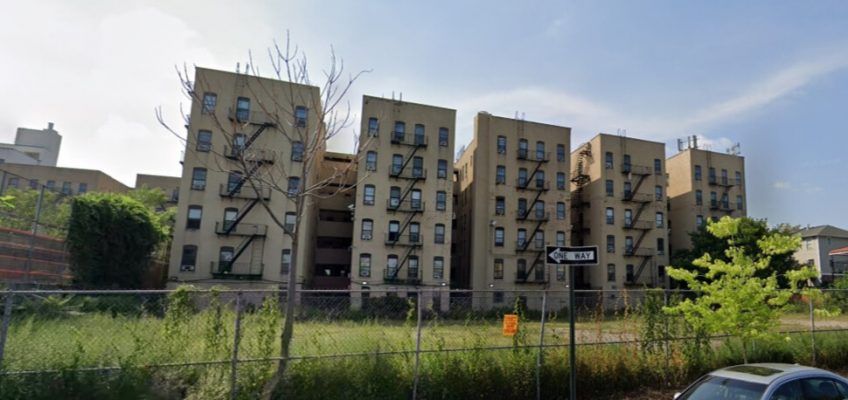Mike Conley was traded by the Timberwolves on the Tuesday of trade deadline week. The following morning, Minnesota held its usual morning shootaround in Toronto ahead of a game versus the Raptors.
Traditionally, those sessions ended with Conley bringing the team together. Without the point guard in attendance, Minnesota’s players and staff stood awkwardly for five seconds, unsure of what to do.
“We were lost without him,” Wolves coach Chris Finch said. “Nobody knew who to say, ‘1-2-3, Wolves,’ at the end of our huddle up. We had a few of those quiet moments.”
Minnesota considers itself fortunate to have Conley back in the fold after the guard was traded a second time ahead of the deadline, then waived by Charlotte. Those events paved the way for a reunion between veteran and contender.
Wolves basketball boss Tim Connelly got on the horn with the 38-year-old guard and expressed the team’s hope to get its leader back. Conley didn’t have to be sold.
“Just happy that somehow this all worked and I didn’t have to move the family. I think the best-case scenario for all of us was to be here, and finish out the year with what we started, and don’t have to uproot everybody and can keep everybody happy,” Conley said. “This was how I was hoping that it all worked out, man.”
Conley is Minnesota’s calming force in the locker room. He’s the one players feel they can turn to whenever they’re in search of an ear. He’s a connector between coach and court.
That dynamic may change a bit moving forward. While he still had a sizable role in the rotation pre-trade, Finch said he doesn’t “have anything pre-scripted” regarding reserve roles.
Conley — who has seen his on-court impact decline this season — sounds like a guy who doesn’t expect to play on a nightly basis.
“Ayo (Dosunmu), Bones (Hyland), all these guys, have earned their time and minutes on the court to get their opportunities and do what they do,” Conley said. “I’m getting older, man. … I just really think that it’s their opportunity more than it is mine. You know what I mean? Like, they’re at the stage of life where they’re right before their prime or in their prime and they should be getting these runs, and it should be getting these big minutes and big moments, and learning on these big games and big situations. And I’ve done all that.
“I can be the stopgap here and there, or pinch hitter when you need me, or whatever you need. But I’m prepared for that. I’m prepared for that role.”
Spoken like a true veteran. In his absence, Wolves guard Anthony Edwards took an opportunity postgame to stare into a camera and publicly state, “We want you back, Mike.”
He wasn’t alone, as one teammate after another noted Conley’s value to the team and themselves personally. Those aren’t things Conley heard on a daily basis during his initial tenure.
“But as soon as somebody leaves or you’re not gonna see them again, they start being real about the situation, their feelings towards you as a player, as a person. The overwhelming text messages and phone calls, and people talking to the media and stuff like that kind of got me through a lot of it, where you’re like, ‘Hey, this is pretty cool that all these guys feel this way,’” Conley said. “They don’t tell you that upfront all the time, but you have an impact on them in a way not a lot of people know, and this shows a lot about how tight we are and what kind of a family atmosphere we have.”
Perhaps there would have been more opportunity to contend for minutes elsewhere. Players around the league reached out to Conley to ask about his next steps after hearing of the news, likely hoping to lure the veteran to their respective teams. Yes, the veteran is still chasing that elusive NBA title.
But it would mean more to win one here. Minnesota is where Conley feels he was meant to be — with his wife, his children … and his brothers.
“It’d have been really unfulfilling not to be able to be a part of whatever happens, whether we win (the title), lose or not,” Conley said. “You know you were a part of why this thing changed. You know, just being part of the training camps, the preseasons, the offseasons, the good, the bad, the tough losses, the playoff series where we lay an egg, and have to come back and figure out the next year, like, all that stuff is built up, and that’s sweat equity that you have together.
“This would be really awkward for me to go somewhere else, and have to leave that behind, you know? I kind of go all in wherever I’m at. So, yeah, so this is the place you just want to see it through and see us try to get to that top.”
‘Full out sprint’: It’s go time for the Timberwolves in the ultra-competitive West
Mike Conley re-signs with Timberwolves, will practice Wednesday
Randle has 41 points and the Timberwolves dominate the Blazers 133-109
NBA fines Hawks’ Mouhamed Gueye and Timberwolves’ Naz Reid $35,000 each
‘I have so much love for Minnesota’: Nickeil Alexander-Walker feels embrace of Wolves homecoming




